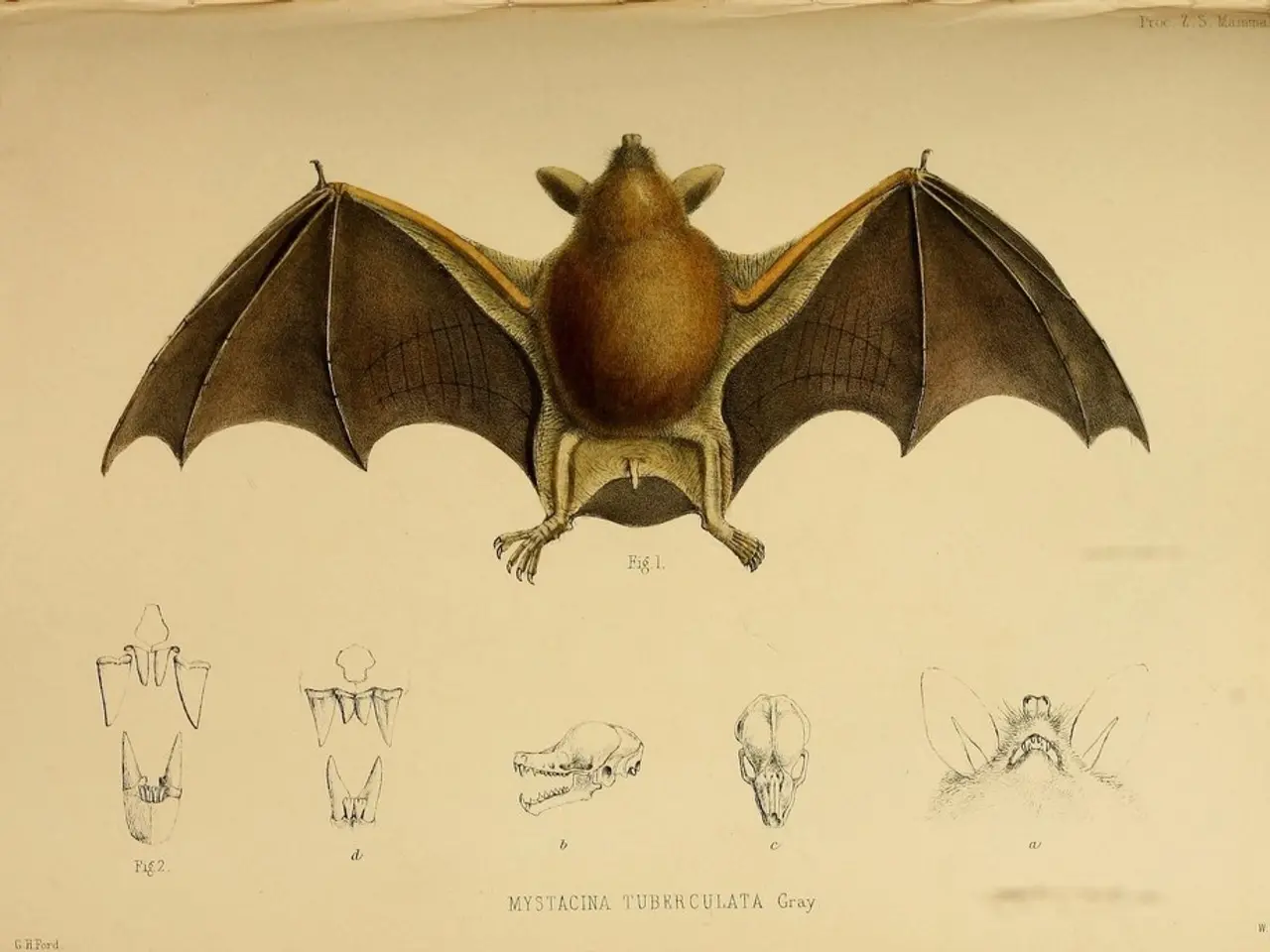EU Requires Implementation of Recycling System for Electric Vehicle Batteries
The European Union (EU) is taking significant steps to strengthen its battery and recycling industry, with a focus on electric vehicle (EV) batteries. The drive battery is considered the heart of the electromobility value chain, and the recycling of battery raw materials is crucial for competitiveness and climate protection.
A study by the Öko-Institut suggests that lithium-ion batteries with lithium-iron-phosphate as cathode material will gain importance, leading to a decrease in the demand for nickel and cobalt. This shift is expected to occur as the EU moves towards a more sustainable battery industry.
The EU has initiated measures to achieve this goal, including recycling targets for batteries, targets for the supply of critical raw materials, and an industrial strategy for the automotive sector. The EU Battery Regulation, adopted in 2023, legally obliges vehicle manufacturers to take back their batteries and meet recycling quotas for lithium, cobalt, and nickel.
The German government and the EU are recommending the establishment of a European recycling system for vehicle drive batteries. This system would help to achieve the potential for recycling raw materials, prevent used drive batteries and valuable materials from being exported to non-EU countries, and promote economies of scale through larger battery quantities and integration into a recycling system.
Cross-border systems, however, are complex due to differing legal situations and are unlikely in the short term. Harmonizing legal framework conditions throughout the EU is necessary to enable recycling systems with larger material quantities in the future.
For nickel, up to 50% recycling is possible, and for cobalt, over 60% is possible from used batteries in Europe. Vehicle manufacturers can choose to organize recycling themselves or commission an organization for extended producer responsibility.
Several European cell manufacturers are in a difficult economic situation, and there has been a stagnation of projects for battery recycling and secondary raw material processing facilities. The evaluation of business models suggests that vehicle manufacturers will rely more on service providers, especially when less familiar with a national market.
Kerstin Meyer, project leader at Agora Verkehrswende, emphasizes the need for an industrial strategy that considers production and recycling of battery together. The organizations that have recommended the establishment of a European recycling system for vehicle drive batteries are the German federal government, the EU, the think tank Agora Verkehrswende, and the foundation GRS Batterien.
The trend towards lithium-ion batteries without nickel and cobalt will not significantly change the demand for lithium and graphite. The EU's initiatives for the supply of battery raw materials and their processing are currently insufficient to significantly reduce the EU's dependence on imports.
By 2040, recycling could cover around 25% of Europe's lithium demand in the automotive sector from used batteries. The EU can expect a demand for drive batteries to be approximately six times higher in the next ten years (1,200 GWh per year).
The EU supports harmonizing recycling systems through regulations and producer responsibility frameworks. Further steps are needed, such as promoting pilot projects, harmonizing legal frameworks within Europe, and monitoring material flows. The establishment of a European recycling system for vehicle drive batteries is a significant step towards a more sustainable and competitive European battery industry.
Read also:
- Fragrance imports from Kaş might have been among Europe's earliest bottles discovered.
- Tech mogul Erik Bergman, founder of Great.com, contributes a million dollars to clean water initiatives in Africa.
- Transformed landscape governing intelligent electrical systems
- Internet disturbances persist on mobile networks in Krasnodar Region for a second consecutive day








